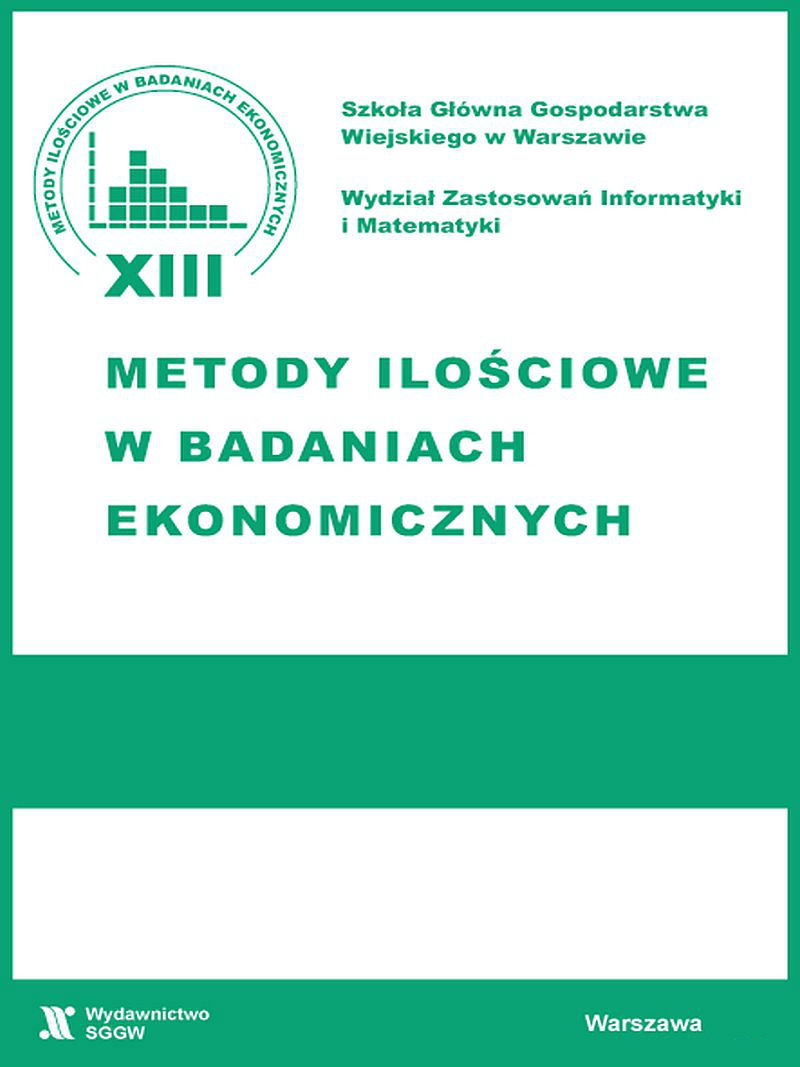Buying and selling price for risky lotteries and expected utility theory without consequentialism
Buying and selling price for risky lotteries and expected utility theory without consequentialism
Author(s): Michał LewandowskiSubject(s): Economy
Published by: Szkoła Główna Gospodarstwa Wiejskiego w Warszawie
Keywords: utility; consequentialism; total wealth; gambling wealth; narrow framing; [R] paradox; preference reversal; WTA/WTP disparity; buying and selling price for a lottery
Summary/Abstract: In this paper I show that within expected utility large buying and selling price gap is possible and [R] paradox may be resolved if only initial wealth is allowed to be small. It implies giving up the doctrine of consequentialism which may be reduced to requiring initial wealth to be total lifetime wealth of the decision maker. Still, even when initial wealth is allowed to be small and interpreted narrowly as gambling wealth, classic preference reversal is not possible within expected utility. I show that only another kind of reversal which I call preference reversal B is possible within expected utility. Preference reversal B occurs when buying price for one lottery is higher than for another, but the latter lottery is chosen in a direct choice. I demonstrate that classic preference reversal is susceptible to arbitrage whereas preference reversal B is not which suggests that the latter reversal is more rational.
Journal: Metody Ilościowe w Badaniach Ekonomicznych
- Issue Year: XI/2010
- Issue No: 1
- Page Range: 223-253
- Page Count: 31
- Language: English

